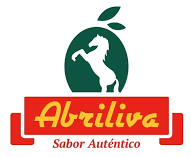Hold on… The world of online gambling is shifting fast, and figuring out how casino platforms scale—especially offshore betting sites—can feel like decoding a cryptic puzzle. You might think expanding an online casino’s reach is just about throwing more servers at the problem, but there’s way more to it. From regulatory intricacies to user experience and technology bottlenecks, scaling is a mix of art and science. Let’s unpack the practical side of it, with real examples and key pitfalls to dodge.
Scaling a casino platform doesn’t just mean handling more players; it means managing massive data loads, ensuring fairness and compliance, and keeping payments smooth and secure. For beginners interested in offshore betting sites, understanding these factors helps you grasp what’s happening behind the scenes—and why some platforms feel sluggish while others run like clockwork.
Well, first things first: offshore betting sites often promise a wider array of games and better bonus offers than domestic counterparts, thanks to lighter regulation in their host jurisdictions. But that comes with trade-offs in security and reliability, which directly affect scaling decisions. So, how do these sites keep up with player demand and compliance, especially when scaling globally?

Technical Foundations: Scaling Casino Platforms from the Ground Up
Wow! At a glance, casino platforms might seem straightforward: game servers, payment gateways, player accounts, and a slick frontend. However, handling thousands or millions of concurrent users, each spinning slots or placing bets, demands robust infrastructure and clever architecture.
Modern platforms lean heavily on cloud computing, breaking their services into microservices to separately manage user authentication, game logic, payment processing, and responsible gaming tools. For example, an offshore site with a user base scattered across Europe and Asia cannot rely on a single data centre in one location without serious latency issues.
Here’s a quick breakdown of important technical components underpinning scaling:
- Load Balancing: Distributes player requests across multiple servers to avoid bottlenecks.
- Database Sharding: Splits user data into smaller chunks to speed up access and reduce downtime.
- High Availability (HA) Designs: Automatic failover mechanisms to ensure continuous service.
- Content Delivery Networks (CDNs): Speed up static content delivery like images, game assets.
- Payment Gateway Redundancy: Multiple payment processors to reduce transaction failures.
Notably, offshore operators often integrate diverse payment options tailored for multiple currencies and regions, which adds complexity to compliance and fraud prevention.
Comparing Popular Platform Scaling Approaches
Alright, let’s put it in perspective with a simple comparison table summarizing three common approaches to scaling casino platforms:
| Approach | Pros | Cons | Ideal For |
|---|---|---|---|
| Vertical Scaling (Beefier Servers) | Simple to implement; immediate performance boost | Expensive; single point of failure; limited by hardware | Small to medium sites with modest growth |
| Horizontal Scaling (Distributed Servers) | Highly scalable; fault-tolerant; flexible | Complex orchestration; requires sophisticated load balancing | High-traffic offshore platforms targeting multiple regions |
| Hybrid Cloud Solutions | Combines dedicated hardware and cloud flexibility; cost efficient | Complex management; potential data sovereignty issues | Established operators transitioning to global markets |
It’s clear that offshore betting sites favor horizontal scaling for resilience, but this demands heavy investment in software engineering and security.
The Regulatory Puzzle: How Compliance Shapes Scaling in Australia and Offshore
Something’s off… Many novice players underestimate how much regulation impacts platform scaling. Australian law tightly regulates real-money online gambling, and no licensed operators run real-money online casinos domestically due to the Interactive Gambling Act 2001. This forces Australian players to access offshore betting sites, many of which operate under licenses from Malta, Curacao, or Gibraltar.
These jurisdictions have varying standards for Anti-Money Laundering (AML) and Know Your Customer (KYC) requirements. Scaling a platform internationally means juggling multiple compliance frameworks, each with its own verification processes, transaction limits, and reporting protocols. For instance, mandatory player identity verification can slow down onboarding unless automated efficiently.
At the same time, player protection tools like mandatory pre-commitment and session time limits—similar to the Crown PlaySafe framework implemented at Crown Melbourne—become critical as player volumes grow. This means platforms must scale not only servers but also responsible gambling infrastructure.
With such complexity, platforms must invest heavily in compliance monitoring, which impacts the choice of technology and partners. This is partly why some well-known offshore brands rise and fall quickly; regulatory pressures expose weak compliance frameworks.
Integrating Player Experience and Responsible Gaming While Scaling
Hold on—does scaling mean sacrificing user experience? Not necessarily. An intelligently scaled platform balances raw performance with features that foster fair and enjoyable play.
Consider interactive features like live dealer games, real-time chat, and dynamic bonus systems. These add layers of real-time data processing that challenge scaling. If the backend isn’t optimized, players may experience lag or transaction delays, causing frustration or worse—loss of trust.
To mitigate this, leading platforms deploy advanced caching, asynchronous processing, and predictive load balancing. Meanwhile, real-time analytics monitor player behavior for problem gambling signs, enabling timely interventions.
Take the example of the extensive loyalty program at Crown Melbourne, which integrates gaming activity, payment history, and rewards. Offshore platforms aiming for similar levels of engagement must architect data flows carefully to maintain speed without sacrificing accuracy or compliance.
Why the Crown Melbourne Model Is Worth Noting
Here’s the thing—While Crown Melbourne is known primarily as a licensed land-based casino with strict local regulation, its approach to integrating technology, compliance, and player safety is instructive for offshore operators eyeing growth.
Platforms wishing to scale sustainably should look to cases like the crownmelbourne official site, which exemplifies a blend of cutting-edge technology and responsible gambling frameworks. Their mandatory carded play, pre-commitment systems, and robust KYC procedures are embedded deeply into the player journey, ensuring scalability does not compromise ethical standards.
For offshore sites, adopting similar philosophies—tailored to their jurisdictions—can help avoid pitfalls around player trust and regulatory sanctions, both of which threaten platform longevity.
Quick Checklist: Scaling Casino Platforms Effectively
- Ensure infrastructure supports horizontal scaling with load balancing and database sharding
- Implement automated KYC and AML processes aligned with target market regulations
- Adopt responsible gambling tools like mandatory pre-commitment and time limits
- Provide diverse, stable payment options with fraud prevention and clear transaction limits
- Integrate real-time analytics to monitor platform health and player behavior
- Optimize game content delivery with CDNs and caching strategies
- Maintain transparency with players regarding data use and privacy policies
Common Mistakes and How to Avoid Them
- Ignoring Regulatory Nuances: Assuming one-size-fits-all KYC/AML leads to breaches. Always tailor compliance tools per jurisdiction.
- Overloading Single Servers: Vertical scaling beyond hardware limits causes outages; prefer distributed architectures.
- Neglecting Responsible Gaming Integration: Skipping harm-minimization tools risks player safety and license revocation.
- Poor Payment Gateways Selection: Relying on a single payment processor can cause bottlenecks and payment failures.
- Underestimating User Experience Impact: Failing to balance complex backend processes with frontend responsiveness reduces player retention.
Mini-FAQ: Scaling Casino Platforms and Offshore Betting
Q: Why can’t Australian casinos offer real-money online gambling?
A: Due to the Interactive Gambling Act 2001 and state laws, real-money online casinos are illegal in Australia, pushing players to offshore sites regulated elsewhere.
Q: What is mandatory carded play and why is it important?
A: It links all electronic gaming machine play to a verified player identity, reducing money laundering and enabling responsible gambling interventions, improving compliance when scaling.
Q: How do offshore platforms handle multi-currency and payment processing at scale?
They partner with global payment providers offering localized methods, implement redundancy to avoid downtime, and comply with AML/CTF regulations to ensure transparency and security.
Q: Can smaller platforms scale without huge budgets?
Yes, by leveraging cloud services and third-party compliance tools, smaller operators can scale efficiently while meeting core regulatory requirements.
18+ Gambling can be addictive. Always set limits and seek help if you feel gambling is affecting your wellbeing. Responsible gambling tools and support services are available worldwide, including in Australia.
Sources
- Victorian Gambling and Casino Control Commission (VGCCC) Reports, 2024
- Interactive Gambling Act 2001, Australian Government
- Finkelstein Royal Commission into Crown Casino (2021) Final Report
- Cloud Computing and Microservices in iGaming, Whitepaper by Gaming Labs International, 2023
About the Author
Alexei Ivanov is an iGaming expert with over a decade of experience working with online casino platforms and regulatory compliance in the Australian and international markets. He combines technical knowledge with player-focused insights to deliver practical advice on safe and sustainable gambling operations.


